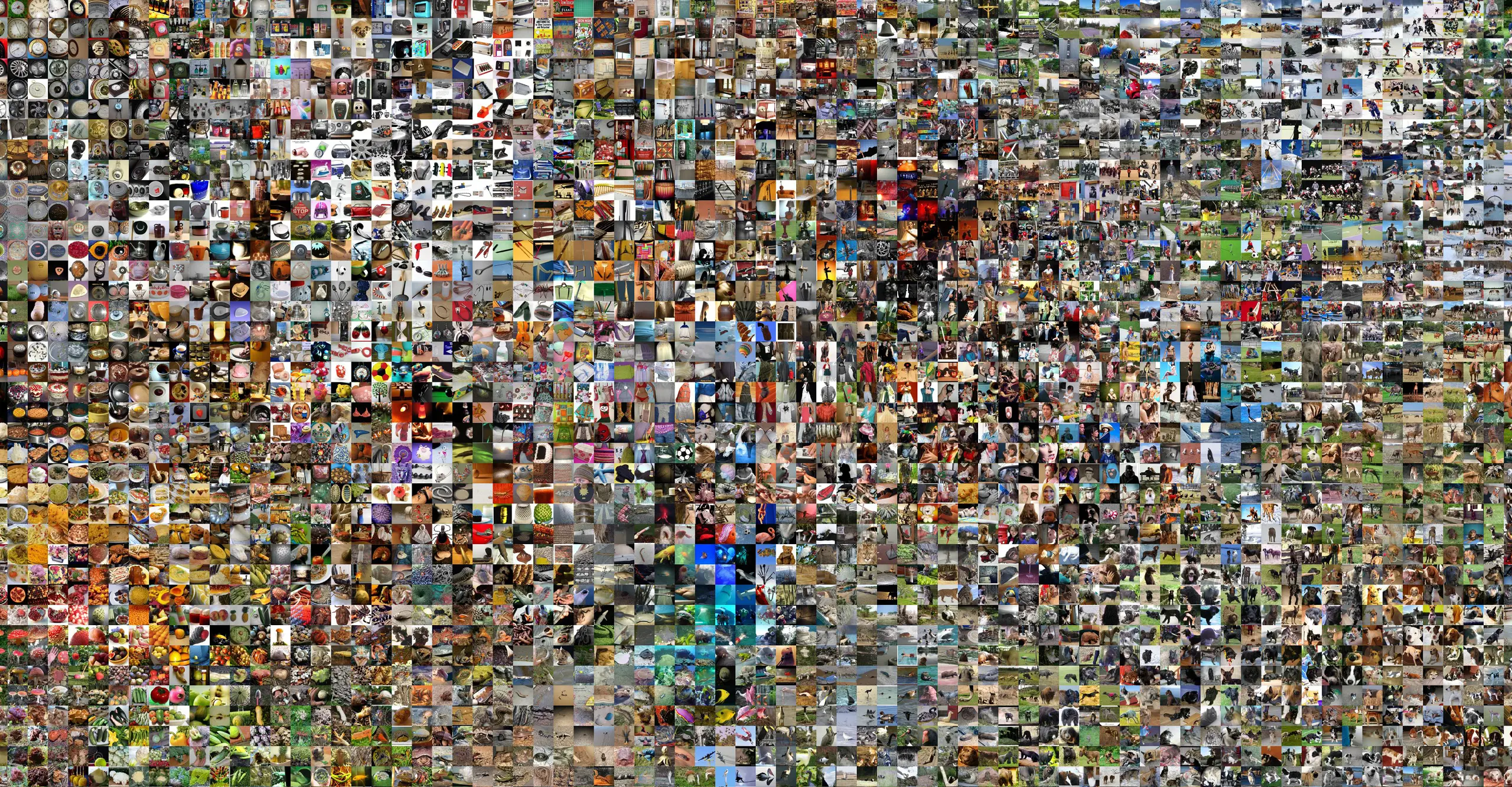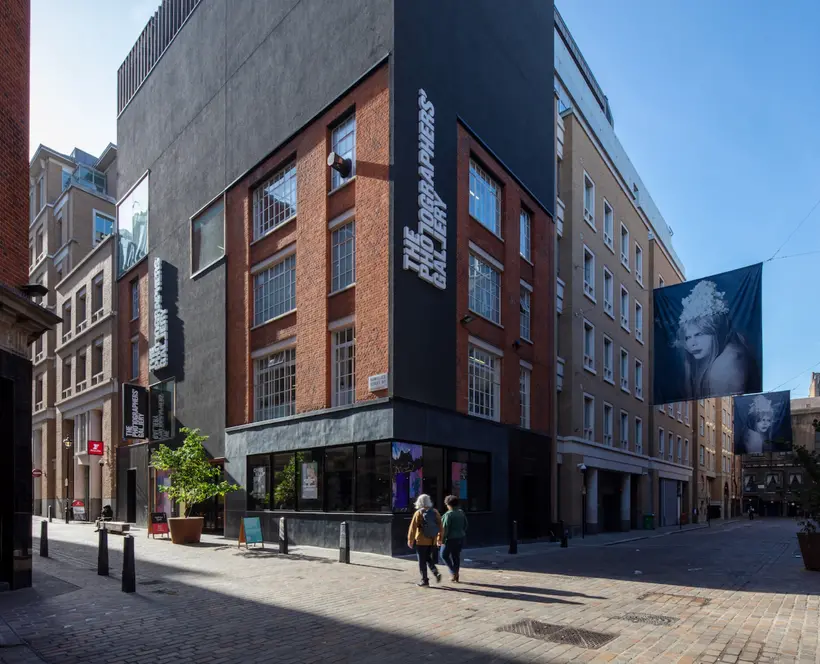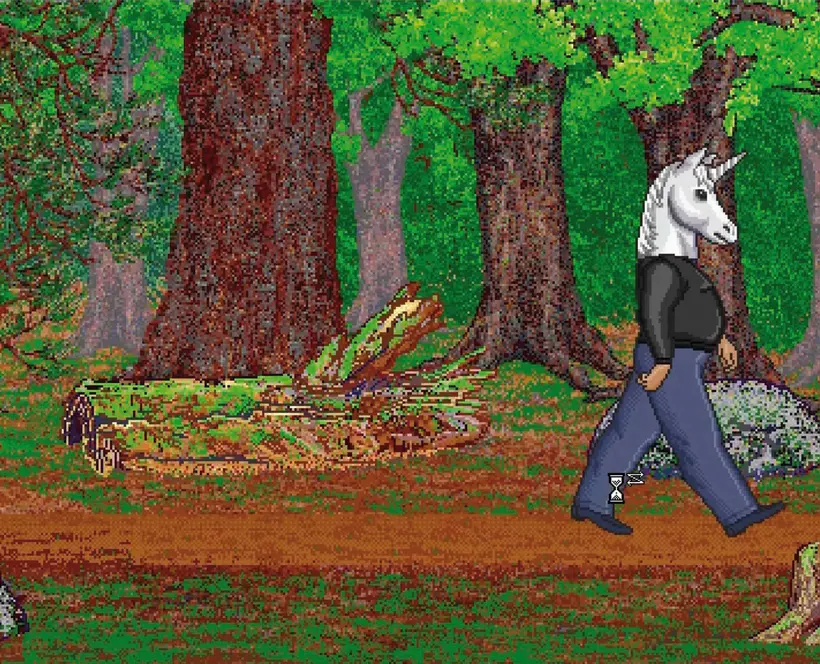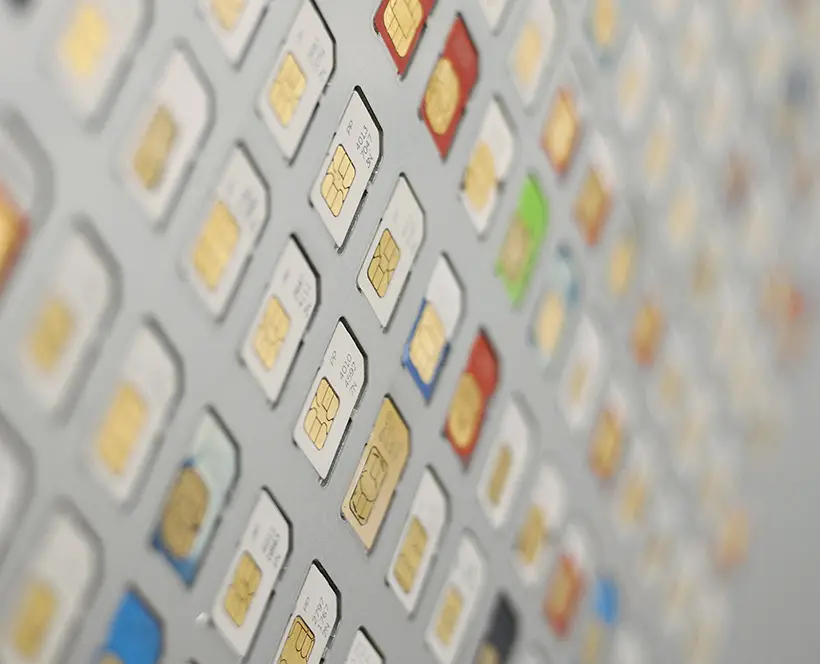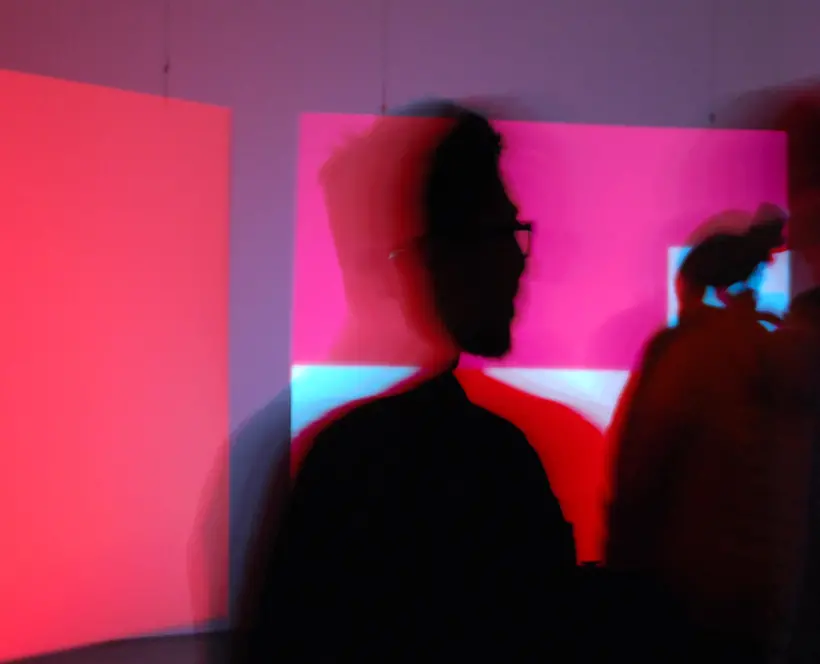Over five weekly online sessions, we will delve into topics about the relationship between digital images and text, covering metadata, memes, datasets, and how text is used to generate images. The course aims to challenge preconceptions and offer new perspectives on digital images, with examples from artists, theorists and, inevitably, machines.
Course format
Taking place weekly on Zoom, sessions include a blend of lectures, group discussions and presentations. Participants are provided with lecture slides and a list of resources for further study.
Who is this for?
Open to all who are interested in photography and art, particularly those with a growing interest in digital. No prior knowledge necessary.
Led by curator and researcher Jon Uriarte.
Details on how to access the sessions will be confirmed upon registration. Please check your junk folders if you haven't received an email from TPG staff confirming your place.
Schedule
The co-existence of text and image on Tue 23 Jan at 18.30-20.00 GMT
The course begins with a look at the relationship between digital images and text. Moving away from traditional forms of thinking of images as text, such as sequencing, we will examine current understandings of images as code and how flexible an image file can be and the ways images can be transformed to other mediums. Other topics to be covered in this session include the glitch and synography.
Metadata on Tue 30 Jan at 18.30-20.00 GMT
This week considers metadata and data visualisation. Together we will consider how metadata is used to embed code for purposes including ownership and geolocation. We will also look at online user behaviour on social media to discuss issues surrounding surveillance, privacy, and image arrangement and navigation.
Memes on Tue 6 Feb at 18.30-20.00 GMT
This session provides insight into the impact of memes in the formation and dissemination of information. The distribution of these images, gifs, videos and expressions possess a wealth of potential in conveying meaning. How are images repurposed to foster identification and elicit recognition? Together we consider meme creation, evolution and their impact on public opinion.
Datasets on Tue 13 Feb at 18.30-20.00 GMT
For our penultimate session we look at the relationship between images and datasets. How do people annotate an image and how does that inform and shape how a machine reads images? We will also look at AI, knowledge production, labour, bias and notions of “ground truths”.
Prompting on Tue 20 Feb at 18.30-20.00 GMT
The course finishes with image generation. How is text used to generate images? We will introduce different available models, and discuss synthetic image aesthetics, bias and copyright.
Biography
Jon Uriarte is a curator, educator, writer and artist based in Donostia - San Sebastián, Spain. He co-created and co-curates Screen Walks with Marco de Mutiis (digital curator at Photomuseum Winterthur), a series of live streams guided by artists, researchers and curators using the screen as their medium launched by Fotomuseum Winterthur in Switzerland and The Photographers’ Gallery in London, where he curated the digital programme between 2019 and 2023. He has also curated Getxophoto International Image Festival in Getxo, Spain, and DONE, a programme launched by FotoColectania in Barcelona, Spain, looking at the changing role of photography in the digital and networked era. Jon is a guest lecturer at several Spanish universities and schools, and he regularly writes essays, reviews and articles for different magazines and publications.
Bursaries
A number of partial bursaries covering 50 per cent of course fees will be awarded on a first come basis. Applicants who wish to be considered for a partial bursary should submit a statement (max. 500 words) to projects@tpg.org.uk, outlining how Explorations in Digital Spaces would contribute to their professional development. Successful applicants will be notified within a week of submission.
We actively encourage applications from groups who are currently underrepresented in the cultural sector in the UK. This includes people who identify as D/deaf, disabled* and neurodivergent; those with caring responsibilities; candidates from Black, Asian and ethnically diverse backgrounds; and arts and culture professionals whose career development has been negatively impacted by Covid-19, prioritising independent artists, freelancers and those made redundant/at risk of redundancy since 2020.
*The Equality Act 2010 defines a disabled person as someone who has a physical or mental impairment, and the impairment has a substantial and long-term adverse effect on their ability to carry out normal day-to-day activities. Sharing that you are disabled will not be used in any way in judging the quality of your application.
Details on how to access this event will be confirmed upon registration. Please check your junk folders if you haven't received an email from TPG staff confirming your place.
Ticketing
By booking for this event you agree to our Terms & Conditions.
